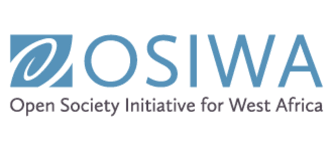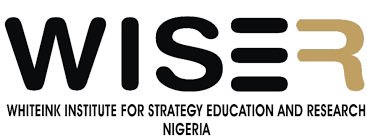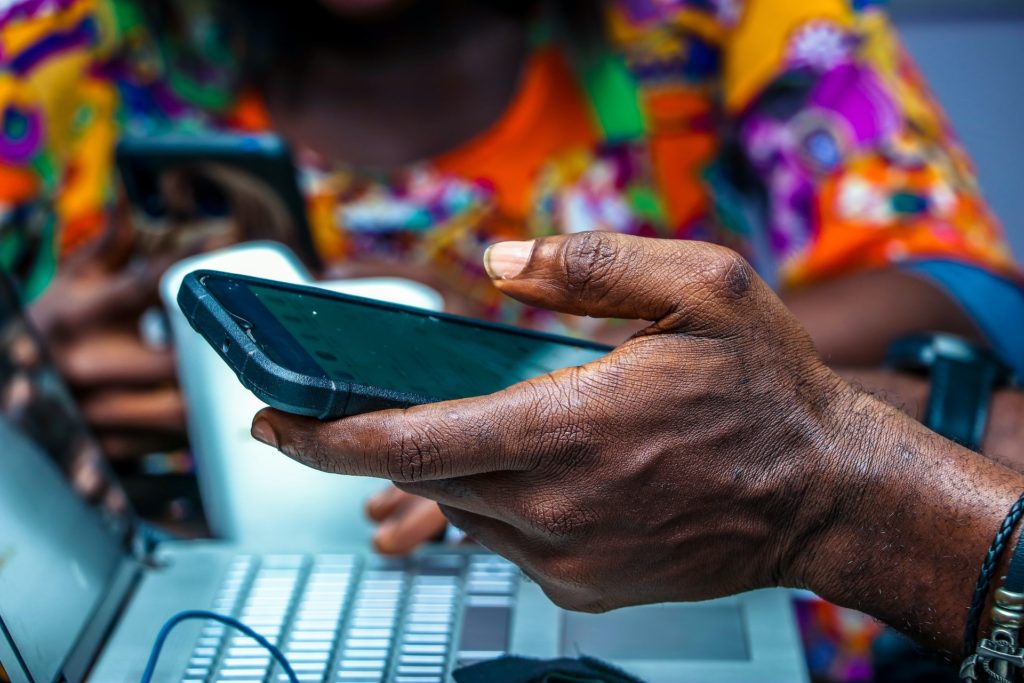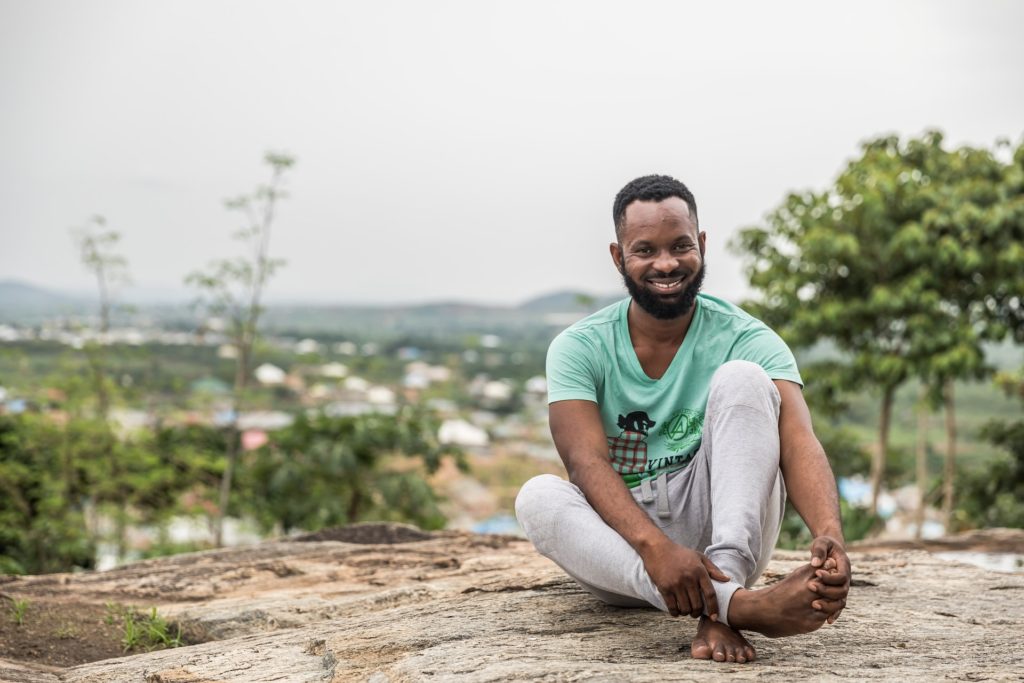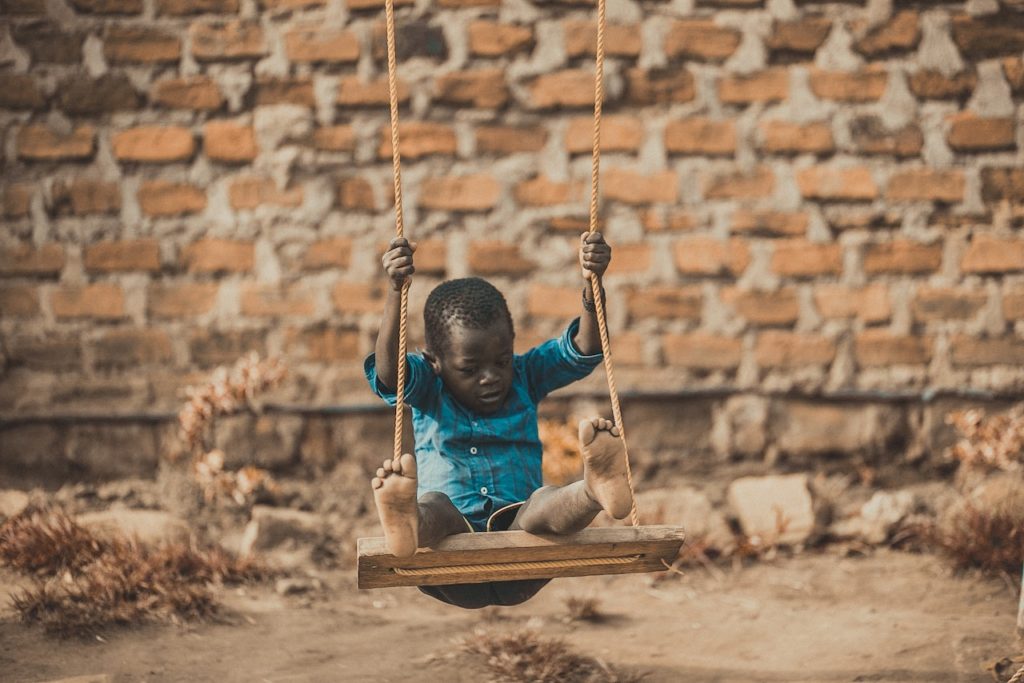NIGERIA. MALI. BURKINA FASO. IVORY COAST. CHAD. KENYA.
Young people are the principal victims and perpetrators of conflict in the Sahel.
The Challenge
Young people, under the age of 30, form the highest percentage of victims, and perpetrators, of conflict worldwide. The Middle East and sub-Saharan Africa have seen an increase in conflict correlating with national youth “bulges” of around 60%. Increasing uptake of violent extremist rhetoric has radicalized young people, weaponizing the demographic against itself.
The Carnegie Endowment published working paper, Stabilizing Northeast Nigeria After Boko Haram and SIPRI’s background paper, Pursuing Elusive stability in the Sahel (both 2019) detail the crisis of state stability in the region, identifying violent extremist rhetoric and recruiting and the increasing centralization of extreme positions in social discourse as the major issues in the Sahel. The Foundation for European Progressive Studies publication Governance and Security in the Sahel: Tackling Mobility, Demography and Climate Change also draws strong parallels between climate change and transhumance activity as exacerbating tensions in the region.
The participation of youth on several sides of conflicts, with complex push and pull factors, significantly affects the attainment of SDG 16.
The Solution

Counternarratives have the power of detensioning the “borders” (geographical, ethnic, religious, etc) around which extremist radicalization arrays vulnerable young people. In the space of engagement created by subtle but strong counternarratives, backed by scientific research and all-of-society strategy, young people become the solution. Their issues, such as access to opportunity and the effects of climate and resource scarcity, are dealt with in a cooperative manner. Writers and journalists are the key to this demographic, providing material for stories, film, podcasts, art installations, and more formats for 360 PCVE.
In the Sahel (Nigeria, Mali, Burkina Faso, Ivory Coast, Niger Republic) and Kenya, access to digital platforms and content far outstrips traditional media, making it an effective way to spread a message, even when what is called for is a change in perceptions.
What We Do
Strategy. Research. Development.
Engaging Borders SRD is guided by the Sustainable Development Goals (SDGs) and has three strategic pillars on which all programming is centered. These pillars speak directly to SDGs 1 (No Poverty), 2 (Zero Hunger), 5 (Gender Equality), 8 (Decent Work and Economic Growth), and 16 (Peace, Justice and Strong Institutions) in a mix that is tailored to the Sahel.

Educate
Creating norms-changing courses using MOOCs, books, comics, short films, and podcasts, that subtly centre dialogue and the cosmopolitan ethos as an antidote to extremism.

Engage
Working with writers and journalists at the emotional centre of the issues of the Sahel, we craft stories that radically change perceptions.
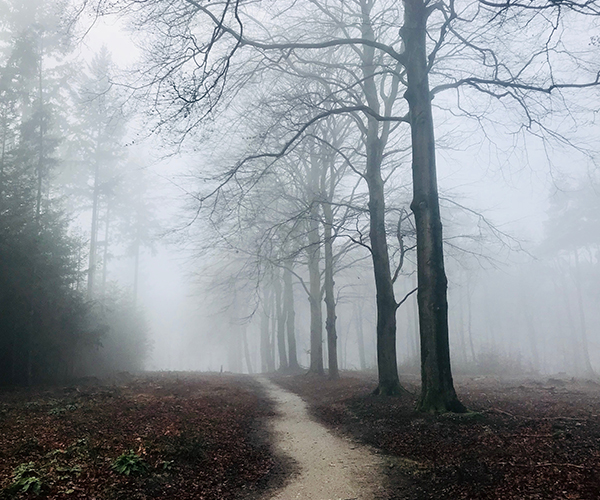
Environment
Democratizing sustainable agricultural know-how to young people, giving them an economic role, providing self-esteem, and a stake in the socioeconomic stability in the Sahel.
Our Impact
Writers and journalists are the knights on the chessboard of narratives in the Sahel.
Working with writers and journalists in Nigeria, Mali, Burkina Faso, Niger, Ivory Coast, and Kenya, we have increased their capacity for PCVE and Creative Writing through our MOOC, delivered in English and French. The fruit of this is 30 powerful and diverse counternarratives to violent extremism and hate speech which they have created, and we have published. These stories have been supported by visual arts from 3 important young artists working in textile, digital art, and photography. Our flagship Engaging Borders Africa project is now shooting three short films in Nigeria and Kenya. Take a look!

Our numbers that speak
Our Partners
